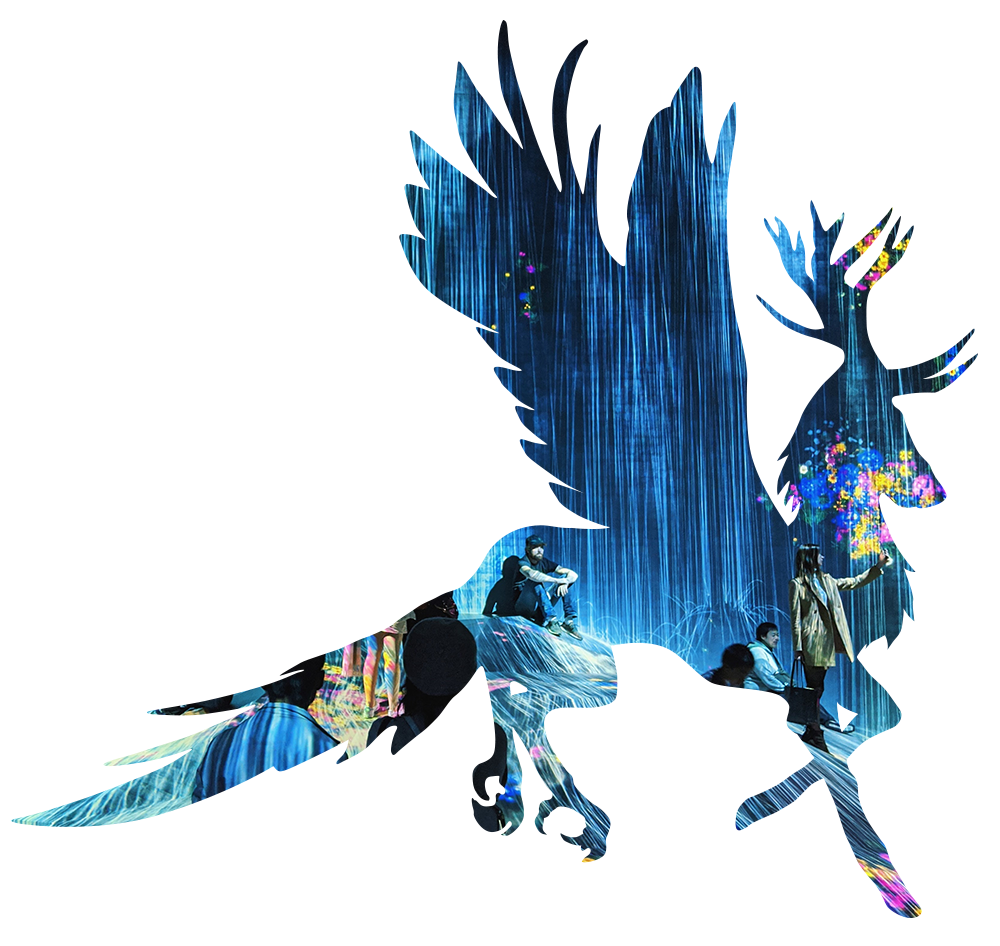
DISC - Digital Inequality in Smart Cities
Digital inequality touches nearly every aspect of life and affects people across all demographic groups. Its causes and expressions are complex, especially in societies immersed in new technologies. In Finland, the largest cities have eagerly embraced digitalization - but often without a deep, localized understanding of how it shapes everyday life. Who struggles in a highly digitalized society, and why? How does limited digital capability influence people’s opportunities, wellbeing, and ability to participate? These are the kinds of questions that still need more attention.
The DISC project has explored these questions. Funded by the Research Council of Finland, DISC brought together researchers and partners from both academia and practice for a five-year period (2020–2025). Working closely with Finland’s large capital region cities, Helsinki, Espoo, and Vantaa, the project sought to understand how cities perceive and manage digital inequality, and how city residents experience it in the context of rapid digital transformation and the development of smart city districts.
At the heart of the study were two age groups whose relationships with technology are often oversimplified: young adults—frequently labelled as “digital natives”—and older adults—often seen as digitally excluded. By taking a qualitative, people-centered approach, DISC investigated the realities behind these assumptions to build a more nuanced view of digital capability in everyday life. Beyond generating new knowledge, the project also identified central design challenges at the intersection of digital inequality and smart city development. Through this work, DISC has contributed both conceptual insights and practical pathways for creating more inclusive and sustainable digital futures.
The team conducted several sets of expert interviews in the Helsinki capital region and carried out a qualitative survey on digital inclusion and support across Finland’s six largest cities. Importantly, we used interviews with city residents to map how urban digitalization and smart city development were understood and experienced in different neighborhoods and among diverse groups of people. In addition, the project’s principal investigator conducted hybrid ethnography - several field visit, interviews and online meetings - in Barcelona, Spain, examining how digital inequality and inclusion are approached in this well-known “people-centered smart city”. In conjunction with other activities, the project collaborated with public libraries in Finland and investigated libraries as central sites for advancing digital citizenship and digital inclusion.
Towards the end of the project, we engaged in more exploratory activities and arrange, for example, creative writing and speculative cinema workshops, in order to collaboratively envision radically alternative futures for smart cities.
The central results of the DISC project show that creating just and sustainable smart cities requires shifting from a narrow focus on access and skills toward strengthening residents’ capacity to critically reflect, creatively re-imagine, and collectively shape digital technologies and the urban digital environment. Drawing on hybrid ethnography in Barcelona and qualitative work in Finnish cities, the project demonstrates how socio‑digital inequalities, institutional arrangements, and prevailing smart city imaginaries either enable or constrain such agency, and thus reproduce or challenge “digital citizenship” as an exclusive ideal. At the same time, the research highlights the importance of concrete social(-spatial) infrastructures - such as public libraries in Finland and Canòdrom centre in Barcelona - as long‑term sites for inclusive learning, collaborative innovation, and civic skills that are prerequisites for a strong digital agency. Through future‑oriented and imaginative methods, including work on imagining and future‑making as part of digital citizenship, the project further argues that cultivating people’s capacity to collectively envision alternative digital futures is itself a key dimension of digital equality, expanding digital literacy beyond operational skills toward critical, creative, and civic-oriented engagement with urban digitalization.
In addition to scientific publications and creative experiments mentioned above, the project has produced two master’s theses exploring the central themes:
Riikka Eskola (2023): Tackling digital inequalities that senior citizens experience in Espoo and Vantaa. Master’s Programme in Information Networks. Aalto University.
Ella Palo (2023): Digital Citizenship at the Smart City Site of Malmi : Resident views on socio-digital inequalities and digital agency. Master’s programme of Global Politics and Communications - Media and Democracy. University of Helsinki.
